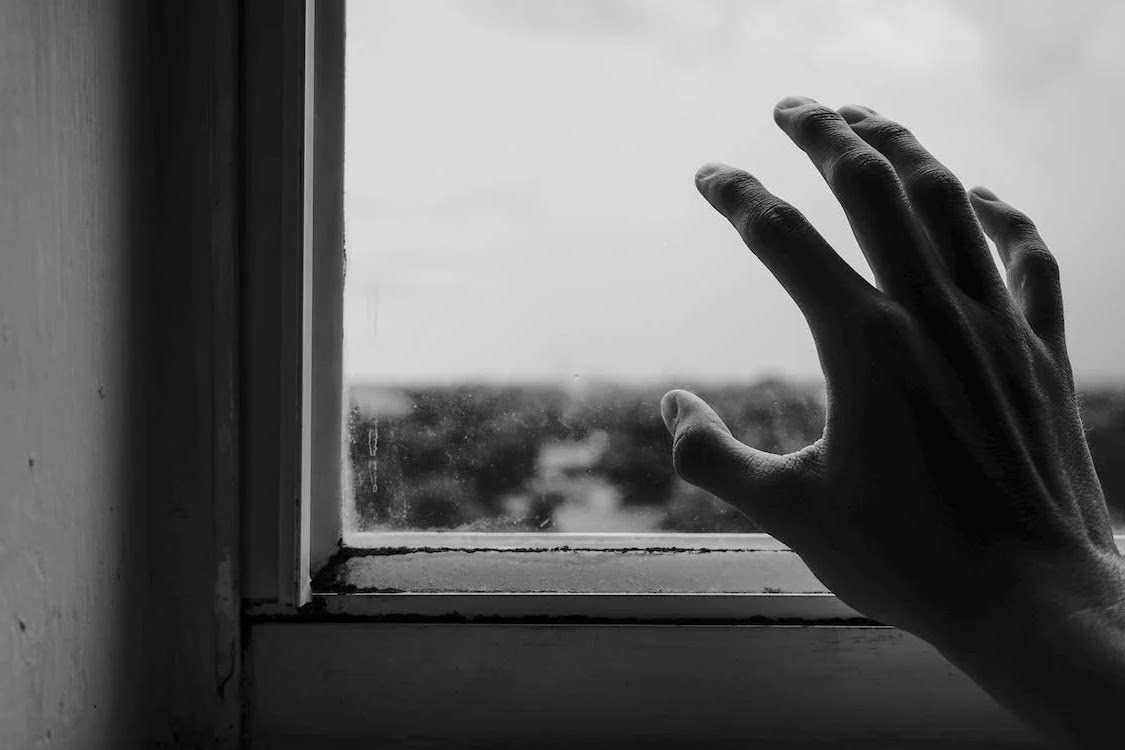Incorporating Mindfulness Into 12-step Programs

When you watch a loved one battle addiction, the journey often feels overwhelming, filled with moments of hope and despair. South Africa, with its rich tapestry of cultures and traditions, has not been untouched by the challenges of addiction. As you seek avenues to support your loved one, combining the time-tested approach of 12-step programs with the age-old practice of mindfulness can be the key to unlocking deeper healing and understanding.
Mindfulness, rooted in ancient meditation practices, has been making waves in modern therapeutic circles for its profound benefits. By embracing the present moment, without judgment or reaction, your loved one learns to face cravings, triggers, and emotions with a calmness that often eludes those in recovery.
Merging this with the 12-step program offers a holistic approach. As your loved one goes through each of the twelve steps, mindfulness techniques can deepen the introspection required at every phase. For instance, as they acknowledge a higher power or take inventory of their past wrongs, mindfulness can help them do so without being overwhelmed by guilt, anger, or resentment.
A lesser-known fact is that South Africa boasts a thriving community of mindfulness practitioners and therapists. From the tranquil retreats in the Drakensberg Mountains to community centers in bustling cities like Johannesburg and Cape Town, there are resources aplenty to weave mindfulness into addiction recovery. Incorporating this practice doesn’t mean sidelining traditional methods, but enhancing them. It’s about equipping your loved one with an additional layer of resilience.
Moreover, the South African context, with its history of community solidarity, aligns beautifully with the communal aspects of 12-step programs. When paired with mindfulness, it offers a culturally resonant pathway to recovery, rooted in both personal introspection and collective support.
When considering ways to enhance the 12-step program through mindfulness, it’s beneficial to explore alternative concepts that might offer complementary benefits. Here, we’ll delve into two such concepts: Cognitive Behavioral Therapy (CBT) and Yoga.
Cognitive Behavioral Therapy (CBT)
At its core, CBT operates on the premise of understanding the relationship between thoughts, feelings, and behaviors. As you introduce CBT into the 12-step program:
Similarities:
- Both mindfulness and CBT aim to cultivate heightened self-awareness. Where mindfulness encourages a non-judgmental awareness of the present moment, CBT seeks to identify and challenge negative thought patterns.
- They both offer practical techniques. Mindfulness offers meditation, and CBT offers thought records and behavioral experiments to address addiction triggers.
Differences:
- While mindfulness promotes acceptance and observation without the need to change the present moment, CBT actively works on changing negative thought patterns.
- The focus of CBT is more structured, with specific exercises aimed at tackling specific issues, whereas mindfulness offers a broader, more open-ended approach.
Yoga
Yoga, with its blend of physical postures and meditation, can also be integrated into the 12-step program:
Similarities:
- Both mindfulness and yoga emphasize the connection between the mind and body. As your loved one practices yoga, they become more in tune with their body’s signals, much like mindfulness meditation fosters a deeper connection with the present moment.
- The meditative aspects of yoga align closely with mindfulness practices, promoting relaxation, focus, and self-awareness.
Differences:
- Yoga introduces a physical element that mindfulness meditation doesn’t necessarily incorporate. Through the various asanas (postures), your loved one can release physical tension, which might be a manifestation of their emotional struggles.
- While mindfulness can be practiced anywhere without any specific setup, yoga might require a more conducive environment or specific props, like yoga mats and blocks.
As you contemplate these alternative concepts, consider the unique needs and preferences of your loved one. Some might gravitate more towards the structured approach of CBT, while others may find solace in the holistic embrace of yoga. Ultimately, the goal is to offer them a toolkit that best supports their journey to recovery.
While your efforts to support your loved one are invaluable, the journey of recovery is complex and multi-faceted. Embracing the integration of mindfulness into 12-step programs can offer them a comprehensive approach to healing. However, it’s essential to remember the importance of professional guidance. Seeking professional help, be it through therapists familiar with mindfulness techniques or addiction specialists who understand the South African context, can make all the difference. Their expertise can guide you and your loved one towards a future filled with hope, clarity, and renewed purpose.
